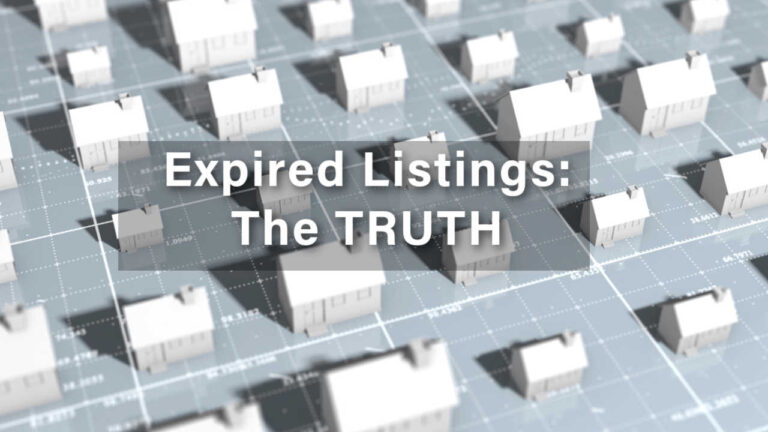
What is an Appraisal?
Appraisals are different than home valuations which are done by the real estate agent before listing a home on the market.
An appraisal is done by an appraiser licensed through the North Carolina Appraisal Board and is a much more in depth process than many Realtors use to identify the value of a home.
Appraisers provide a comprehensive picture of comparable homes and cost variations based on the value of features in a particular area. But that doesn’t mean that they are always accurate. Like all fields, some professionals are more skilled than others.
One difficulty with appraisals is that they are dependent upon historical value rather than growth.
When an appraiser estimates the value of a home, s/he is depending upon the value of previously closed homes. S/he can give a value to the rate of increase over time, but there is no real way to estimate what that rate is.
So if an appraiser assumes a 2% increase in value over a year, how do properties increase as much as 7-10% like we have seen in the past couple of years?
One way is that when multiple offers are made on a property, buyers offer over the list price in an attempt to win the bid. It is true that the properties don’t always appraise for the increased price, but buyers, desperate for homes are paying cash to cover the difference in appraised value and offer price.
Then, when a new home is listed, the appraiser can use the recently sold home as a comparable property to determine value for the newly listed home. And so prices rise, even though appraisals are based on past sales.
What if the Home Doesn’t Appraise?
Although it may seem that you want the appraisal to come in lower because you would think a lower appraisal would give you a negotiating edge, what is actually in your best interests, especially in hot real estate markets, is an accurate appraisal.
If it comes in too low, the seller may not negotiate, thinking they would rather place the home back on the market for a future buyer to pay more. If there were multiple offers, this is much more likely to happen.
If you don’t have the cash to pay the difference between the appraisal and your offer, you may be forced to terminate the contract and lose the thousands of dollars you have invested during your due diligence period.
If you think about it, it is better (financially speaking) to pay $1000 more for a house than you planned, than to throw away $2500 in lost inspections and move onto another home, only to do the inspections again.
3 Options for a low appraisal
There are only three options when the appraisal is lower than the offer price.
- Re-negotiate price ~ This should always be the first step, but keep in mind that not all sellers are willing to renegotiate price, especially if there were multiple offers. Sometimes it is in their best interest to negotiate because sometimes there aren’t multiple offers the second time a property is listed. If this is the case and their agent can help them to understand this, they will be likely to negotiate.
- Pay cash out of pocket ~ As I stated earlier, this is a common resolution to the appraisal coming in low. However, it is important to make sure that you don’t overpay for a home. If there weren’t multiple offers and if the average home doesn’t sell in less than 10 days in the area of interest, and the appraisal still comes in low, the home is simply over-priced. And remember, if the appraisal is done during Due Diligence and you choose to walk away, you are entitled to receive a refund of your earnest money deposit. Sometimes buyer and seller are able to meet in the middle and split the difference between the appraisal and contract price.
- Terminate the Contract ~ If you can’t come to terms, the seller won’t lower the price and you are unable or unwilling to pay the difference in price, you may terminate the contract. In the state of North Carolina, you will lose your Due Diligence Deposit, which is always non-refundable (except in the case of seller breach of contract) and if you have passed the Due Diligence date, you must also forfeit your Earnest Money Deposit. And of course, all monies you invested into the cost of inspections, including the appraisal, are non-refundable as well.
For more information about appraisals, see Appraisal Myths Too Many Sellers Believe by Bill Gassett
Are you curious what your home might sell for on the market? Get a comprehensive market analysis here!
Ready to start your search for a new home? Visit our Comprehensive Home Search Page.







